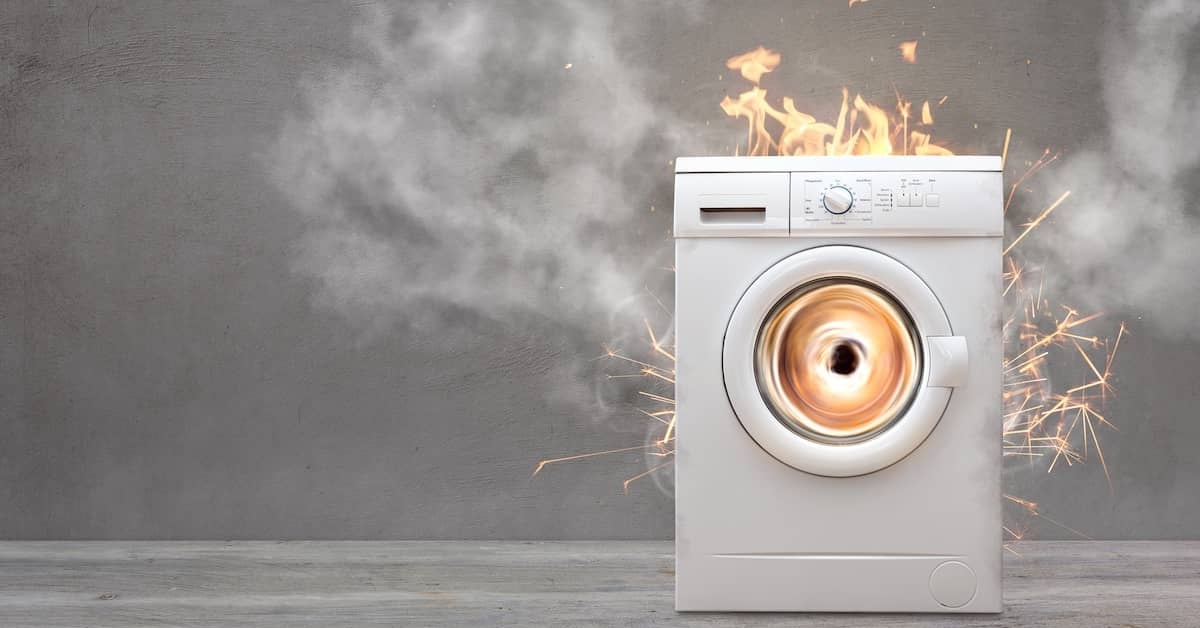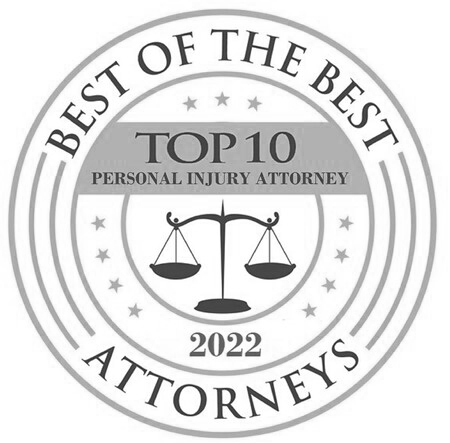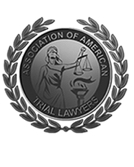
Every year, millions of Americans are injured due to a defective product. From pharmaceuticals to mattresses, the items we purchase sometimes do more harm than good, leading to medical bills, lost wages, pain and suffering, and more.
Unfortunately, not everyone understands they have a right to seek compensation for these damages. They feel helpless, forced to deal with the consequences of corporate negligence.
At Patrick Daniel Law, we’re here to change this. We bring a Strategic. Meticulous. Merciless. approach to helping victims of defective products pursue the compensation they need and deserve for their damages.
If you have been injured by a defective product, we’re here to provide the guidance and legal knowledge you need to find the best path forward. Call (713) 999-6666 today for a FREE consultation on your claim. Our product liability attorney in Houston is proud to represent clients throughout Texas.
At its most basic, a defective product is any product that poses an unreasonable danger when used appropriately by consumers.
There are three main categories of defective products:
It may not be immediately clear why a product was defective, which is why a thorough investigation of the product and its defect is a critical first step.
While you should always rely on direct input from a defective product lawyer on your specific situation, some examples can make it easier to understand these types of claims. A few examples to consider:
Some of the types of products that are commonly associated with defective products include:
Technically, any product can be defective, resulting in serious injuries because of negligence on the part of the manufacturer or another party. In these situations, you may be eligible for a product liability claim.
Product liability claims give injured consumers a legal right to pursue compensation for damages due to a defective product. These claims can be filed against manufacturers, distributors, retailers, or any other party responsible for the presence of defective products on the market.
The damages you are able to recover in a product liability claim include both economic and non-economic damages, such as:
If you have lost a loved one due to a defective product, you may also be able to recover compensation through a wrongful death lawsuit.
Product liability claims are often complicated because of the parties involved—typically large manufacturers with deep pockets and teams of lawyers—and how challenging it can be to determine responsibility.
You’ll hear terms like “as intended” or “reasonably foreseeable.” These phrases play a major role in determining liability—but they’re often vague, open to interpretation, and hotly debated. However, most product liability claims are based on the standard of strict liability, which does not require a claimant to prove negligence. Instead, you must only prove that:
Not all defective product claims are strict liability claims, so it’s important to discuss the details of your claim with a product liability attorney to determine your options and next steps.
Regardless of whether your claim is based on negligence or strict liability, you will need to prove that the product was, in fact, defective. There are a few ways to go about this:
Ultimately, the best way to prove a product was defective will depend on the unique circumstances surrounding the product and your damages.
Defective product claims are complicated, and you will most likely find yourself up against a large corporation doing whatever it can to avoid admitting fault or paying you compensation. A product liability lawyer can help by leveling the playing field and giving you the legal firepower to protect your rights and pursue the compensation you need and deserve.
Beyond proving that a product was defective through an in-depth investigation, a product liability attorney can help further by:
It is imperative that you work with a trial lawyer who is ready and willing to take the case to court if the other party refuses to negotiate in good faith.
Defective product claims come down to this: Was the product dangerous when it shouldn’t have been—and did that lead to your injury?
If a dangerous or faulty product caused you harm, you may have the right to pursue compensation—but don’t expect the manufacturer or their insurer to make it easy. They’ll deflect, deny, and do everything possible to protect their bottom line.
At Patrick Daniel Law, we build powerful cases, hold corporations accountable, and fight for the compensation you deserve. If you or someone you love has been injured by a defective product, don’t wait. Contact us today for a FREE case evaluation.
 Top Truck Accident Lawyer in Pasadena
Top Truck Accident Lawyer in Pasadena Best of The Best Attorneys
Best of The Best Attorneys Best of the Best Houston Chronicle 2021
Best of the Best Houston Chronicle 2021 Best Motorcycle Accident Lawyers in Houston 2021
Best Motorcycle Accident Lawyers in Houston 2021 American Association for Justice Member
American Association for Justice Member The National Trial Lawyers 2016 – (Top 40 under 40)
The National Trial Lawyers 2016 – (Top 40 under 40) Multi-Million Dollar Advocates Forum 2016 (Top Trial Lawyer)
Multi-Million Dollar Advocates Forum 2016 (Top Trial Lawyer) Million Dollar Advocates Forum 2019 (Top Trial Lawyer)
Million Dollar Advocates Forum 2019 (Top Trial Lawyer) America’s Top 100 Attorneys 2020 (High Stake Litigators)
America’s Top 100 Attorneys 2020 (High Stake Litigators) Lawyers of Distinction 2019, 2020 (Recognizing Excellence in Personal Injury)
Lawyers of Distinction 2019, 2020 (Recognizing Excellence in Personal Injury) American Institute of Personal Injury Attorneys 2020 (Top 10 Best Attorneys – Client Satisfaction)
American Institute of Personal Injury Attorneys 2020 (Top 10 Best Attorneys – Client Satisfaction) American Institute of Legal Advocates 2020 (Membership)
American Institute of Legal Advocates 2020 (Membership) Association of American Trial Lawyers 2018 - Top 100 Award recognizing excellence in personal injury law
Association of American Trial Lawyers 2018 - Top 100 Award recognizing excellence in personal injury law American Institute of Legal Professionals 2020 (Lawyer of the Year)
American Institute of Legal Professionals 2020 (Lawyer of the Year) Lead Counsel Verified Personal Injury 2020
Lead Counsel Verified Personal Injury 2020 The Houston Business Journal 2021
The Houston Business Journal 2021